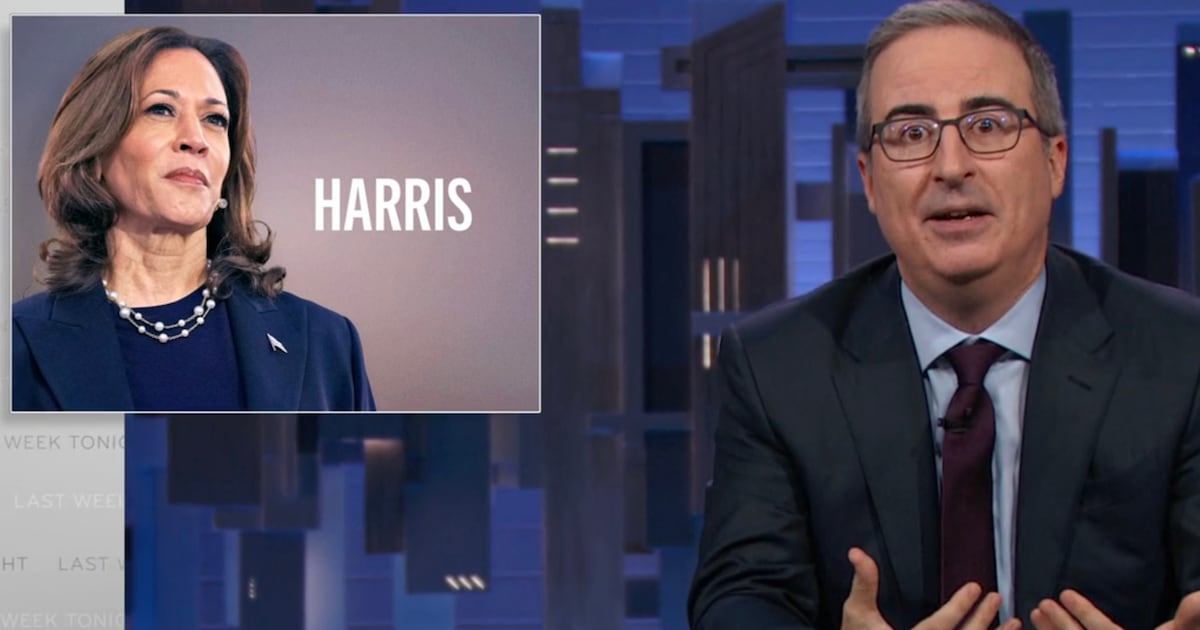PARIS—Two days after Donald Trump declared that anti-immigrant, anti-European Union, anti-NATO, pro-Russian, anti-American, pro-Steve-Bannon Marine Le Pen was the “strongest on borders, and she’s the strongest on what’s been going on in France,” she has made it through the first round of the country’s presidential elections and into the sudden-death runoff that will take place on May 7.
If she manages to win, her election will have stunning consequences domestically and internationally, multiplying the shocks that have followed on the Brexit vote and Trump’s ascent in the United States.
A Le Pen victory would also be welcomed by Russia’s Vladimir Putin, who recently received her at the Kremlin as if she already were a head of state.
ADVERTISEMENT
Right now, however, it looks like Le Pen doesn’t have much of a prayer, and France may well position itself as a new bulwark against Trump-style xenophobia and populism.
Her second-round rival is 39-year-old former banker and economy minister Emmanuel Macron, who is pretty much in favor of everything that Le Pen opposes. He was the only one of the four leading candidates who did not speak warmly of Putin. He embraces globalism; he has even waved the European Union flag at his election rallies. And while Trump rooted for Le Pen, former President Barack Obama called Macron to give him encouragement.
Macron, whose youthful good looks remind many people of Canada’s Justin Trudeau, has had a meteoric rise. Only a year ago, Macron had just left the Socialist government of the wildly unpopular President François Hollande to form a “movement” he called “En Marche!”, claiming he would draw support from voters who previously backed the traditional parties of left and right. He cast himself as the voice of optimism in a political landscape dominated by fears, whether of economic stagnation, immigrants, or terrorism. And if his solutions were often vague, and sometimes wonkish, the mood of his campaign was relentlessly positive.
The potential success of that gamble was evident within minutes of the first vote tallies based on samples of ballots from around the country. Neither of the two parties that have traded power back and forth since the 1980s, the Socialists and the Gaullists (currently known as Les Républicains), managed to make it into the runoff. But the losing candidates from both parties instantly told their supporters to vote against Le Pen.
François Fillon, the former prime minister running for Les Républicains, warned that Le Pen’s National Front is “an extremist party,” known for “its violence and intolerance,” that would bring “chaos” and “bankruptcy” not only to France but to Europe. And he warned his disgruntled supporters that voting a blank ballot, or not voting at all, would not be acceptable.
Socialist Prime Minister Bernard Cazeneuve called on the French to vote for Macron, and so did Socialist candidate Benoit Hamon.
As Sunday’s vote approached, fears had grown that another wild-card challenger, the far-left Jean-Luc Mélenchon, supported by the French Communist Party and various fringe groups, might actually make it into the second round and leave French voters with a choice of two extremes. Mélenchon, a strong debater and skilled user of social media, had developed enormous momentum, and in the end came close to Fillon’s score, but not to the two leaders, Macron and Le Pen. He did not concede, as others did, based on preliminary results, and did not call to unite against Le Pen.
Despite Macron’s many advantages at this point, his election as president is not yet a done deal. There will be a one-on-one debate, and Macron’s performances on stage with other candidates have not been strong, while Le Pen has a flair for rhetoric that many French find appealing, even when they don’t like her policies. She may also gather support from several right-wing fringe parties.
We won’t know definitively until two weeks from now whether France has turned back the populist tide, or succumbed to it.





